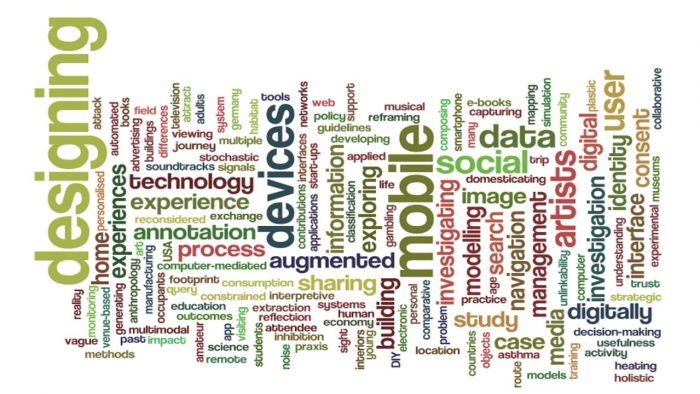
Horizon CDT PhD Theses
Below is a collection of PhD theses from the 128 Horizon CDT students who have successfully passed their vivas.
Currently, around 26 students are in the process of studying or submitting their theses. As new theses are completed and vivas passed, we will continue to update this page with additional titles.
Links to the full e-theses are available through the University of Nottingham repository, allowing you to explore the research in more detail.
Congratulations to our alumni on their incredible achievements!
Last updated: 17 February 2026
2021 Cohort – 7 alumni
- Dr Callum Berger – Physiological Adaptive VR Horror Experiences
- Dr Ellie Colegate – Reducing Online Harms via Content Moderation? The Online Safety Act 2023 and the Everyday Interactions of Young People
- Dr Gabrielle Hornshaw – Biometric Recognition of the Hand in Unconstrained Images
- Dr Gregor Milligan – Understanding Loneliness Through Data-Driven Approaches: From Practitioner Insights to Algorithmic Detection
- Dr Nasser Alkhulaifi – Automated Feature Engineering, AutoML, and Decision-Focused Learning for Improved Energy Consumption Forecasting
- Dr Torran Semple – The Modern Problematisation of Fuel Poverty in England: Quantification, Obfuscation and Energy Transitions
- Dr Yang Bong – Reimagining Digital Marketplaces with Rural Micro-Entrepreneurs in Sarawak
2020 Cohort – 10 alumni
2019 Cohort – 11 alumni
2018 Cohort – 11 alumni
2017 Cohort – 9 alumni
2016 Cohort – 6 alumni
2015 Cohort – 8 alumni
2014 Cohort – 9 alumni
2013 Cohort – 8 alumni
2012 Cohort – 10 alumni
2011 Cohort – 9 alumni
2010 Cohort – 15 alumni
2009 Cohort: 15 alumni
Thesis submissions:
Students that have submitted their PhD thesis and are awaiting viva dates/examination:
- Chloe Jackson – Now where are we going? Mapping drivers’ changing navigational requirements in increasingly automated future driving contexts
- Christian Tomakloe – The Quantified Traveller: Applying Self-tracking Towards More Worthwhile Rail Journeys
- Emma Gentry – Workplace Well-Being Platforms: Championing the Employee Voice
- Sam Smith – Quantitatively Measuring Customer Experience (CX) in the Rail Industry
